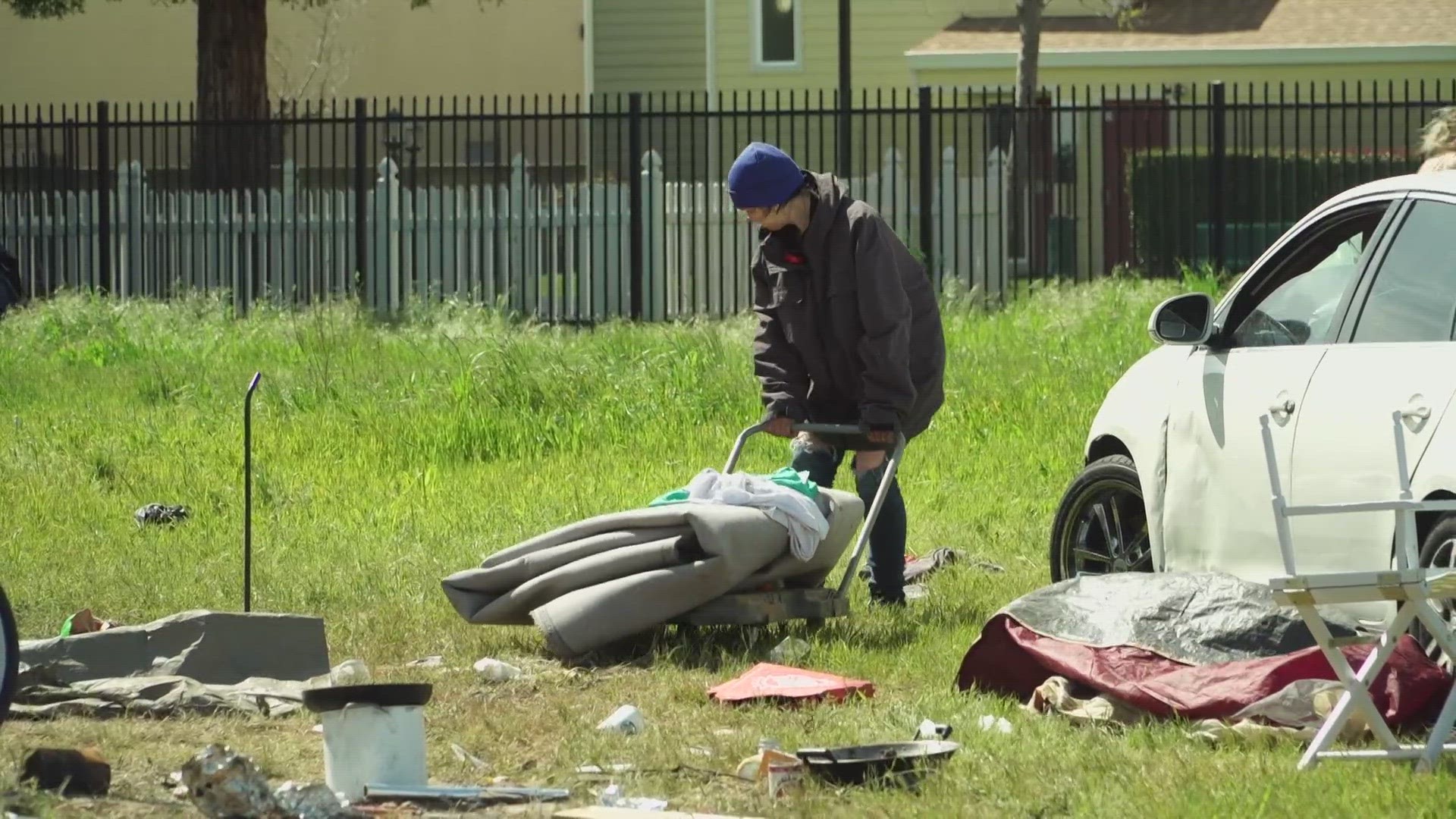SACRAMENTO, Calif. — California voters have approved a measure that Gov. Gavin Newson says he needs to tackle the state’s homelessness crisis.
Proposition 1 authorizes the state to borrow $6.4 billion to build housing and treatment beds. It also restricts how counties use money from a 2004 tax on millionaires meant to fund mental health services.
It’s the first change to the state’s mental healthcare system in 20 years.
Counties like Sacramento and Butte will be required to spend 30% of the money they receive from that millionaire tax on housing the homeless.
“What it will require the county to do is to prioritize and make some shifts into how we're currently funding behavioral health services so that we can divert some of those dollars to serving unhoused populations,” said Chevon Kothari, Deputy County Executive of Sacramento County.
Prior to Prop 1, counties could use that money for all mental health services like outpatient and crisis services.
In Sacramento County, it means $27 million will be redirected to the unhoused.
In Butte County, Director of Butte County Behavioral Health Scott Kennelly says it translates to $6 million taken from early intervention and prevention programs.
“Cut our programs that are vocational in nature that help people with employment, outreach programs such as our African American Cultural Center, Hmong Cultural Center, we also have programs like Stonewall Alliance that serve our LQBTQ individuals or homeless outreach teams among others,” said Kennelly.
Butte County has a small homeless population of around 1,300 people. For them, Prop 1 is less about homeless housing and more about substance abuse. It allows more people to qualify for addiction services.
“That opens the door for a lot more people to get services with this funding, but there is no new funding coming to counties to provide those services,” said Kennelly.
It’s about 5% less, to be exact. Prior to Prop 1, the split was counties receiving 95% of the funding while the state received 5%. Now the state gets 10% of their programs.
There are grant programs available in the new $6 billion of funding, but smaller counties worry they won’t be able to compete against bigger counties with more need. Sacramento County is applying.
“We will absolutely leverage any opportunity we have to build additional affordable housing for folks who are experiencing behavioral health issues,” said Kothari.
Californians will be paying for Prop 1 for the next 30 years. According to the state Legislative Analyst’s Office, there will be 30 payments of $310 million each.
Interest on those payments could cost California a total of $9.3 billion when all is said and done — dependent on interest rates.
Governor Gavin Newsom's office released the following statement Thursday:
“This is the biggest reform of the California mental health system in decades and will finally equip partners to deliver the results all Californians need and deserve. Treatment centers will prioritize mental health and substance use support in the community like never before. Now, it’s time to roll up our sleeves and begin implementing this critical reform – working closely with city and county leaders to ensure we see results.”
WATCH MORE ON ABC10 | California Prop 1 Explained: Homeless housing and mental health treatment facilities

















